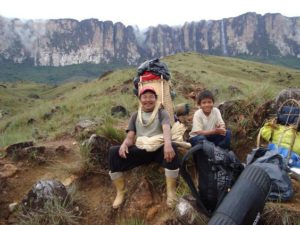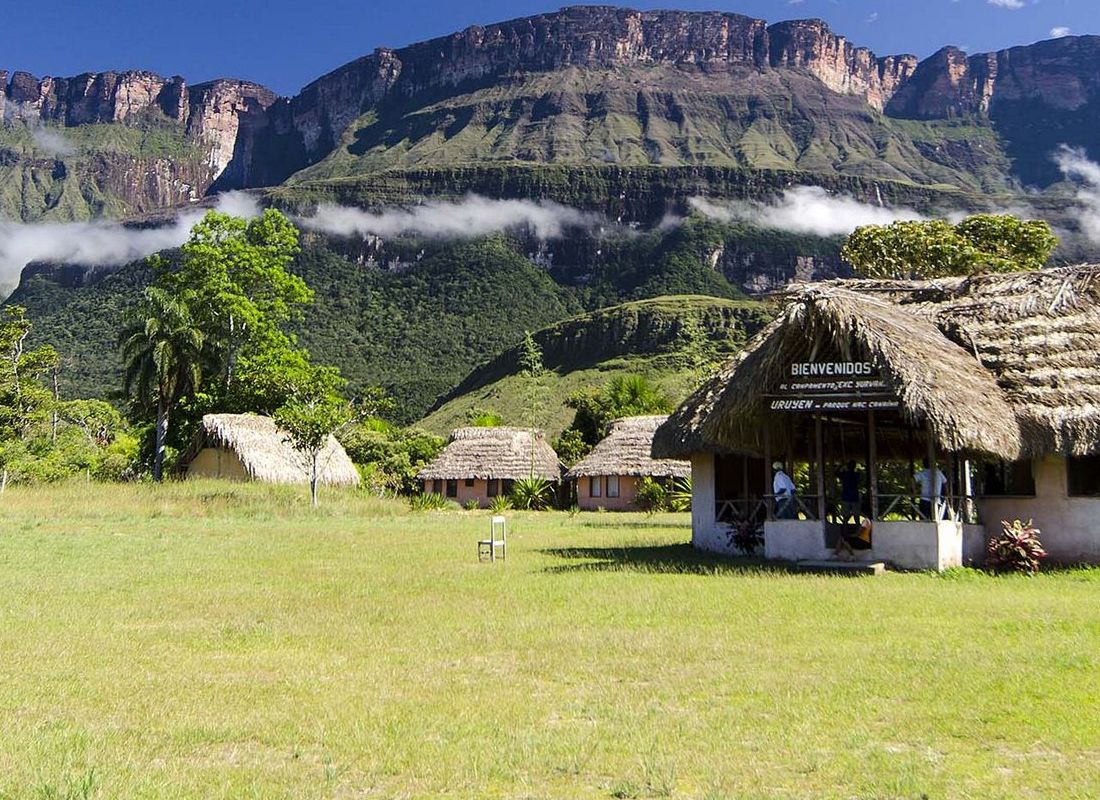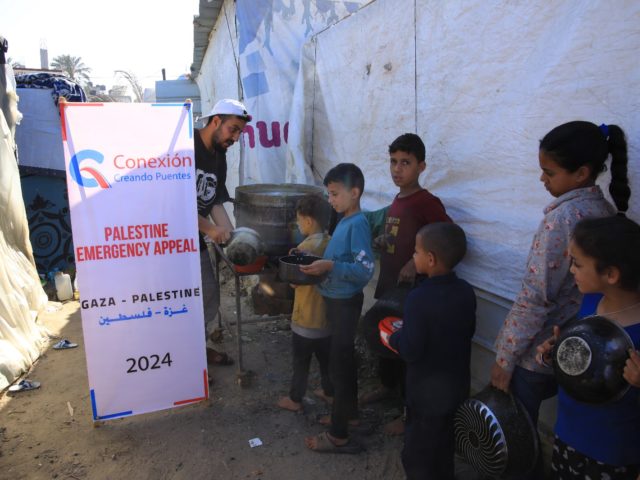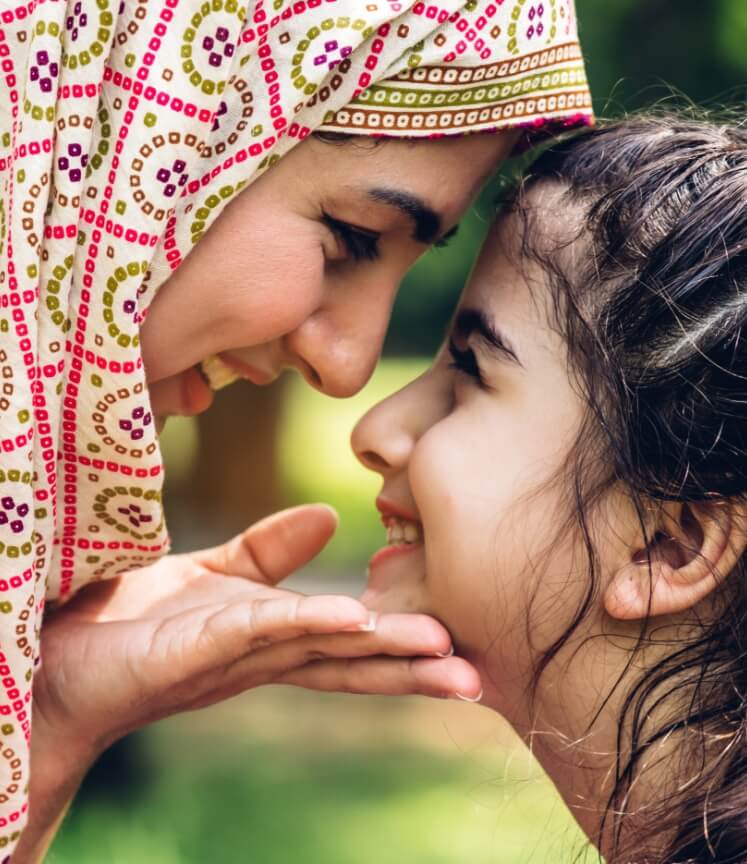At one point, the cluster of cabins on the outskirts of San Francisco de Paraitepuy was like a Tower of Babel: animated conversations echoed in different languages, including Spanish, Portuguese, French, Italian, English and Pemón, an indigenous language.
In the southeast of Venezuela’s Gran Sabana region, the village of Paraitepuy, sheltered by the majestic Mount Roraima, has long been a busy starting point for hikers from all over the world visiting one of South America’s largest national parks. Most of the approximately 560 inhabitants depended on the mountain for their income, playing roles as guides for visitors.

Today, however, the once bustling cabins are now silent, as the crisis in Venezuela and the COVID-19 pandemic have resulted in a marked decline in tourism. Florencio Ayuso, known as the “captain” or leader of Paraitepuy, reflects on how everything came to a halt and how they were forced to look for new ways to generate income.
The region suffers from a shortage of opportunities due to the lack of infrastructure, medical and educational services. This scarcity has led to a decline in the villages, as inhabitants seek better prospects in cities, abroad or in the numerous informal gold mines that are causing environmental damage to a once undisturbed landscape.
The threat of hunger triggers the displacement of families, according to Lisa Henrito, a community leader in Maurak. Although Maurak was once a thriving indigenous settlement, Lisa Henrito says parents turn to the mines when they cannot feed their children. Lisa, 49, a Pemón leader, observes that the mines are leading to the disintegration of families, as fathers move away in search of new partners and women also abandon their children to work in the mines.
Traditions under threat
Although mining may appear to be a temporary solution to poverty, its inherent danger cannot be ignored. Informal gold mines often collapse and mining communities face problems such as dengue fever, sexually transmitted diseases, alcoholism, violence and addictions.
On the other hand, mining threatens ancestral ways of life and contaminates tributaries with mercury, depriving Pemón communities of fish and drinking water, and endangering small subsistence farms known as “conucos”. Tourism, another economic source, is also suffering.
The UN Refugee Agency (UNHCR) works with indigenous communities in the Gran Sabana to prevent displacement and preserve traditional ways of life and the region’s unique ecosystem. In addition to providing food, tools and medical assistance, UNHCR improves daily life by rehabilitating clinics and installing solar lamps.
The agency also addresses the problem of lack of documentation, which affects many people due to the distance to the hospital in Santa Elena de Uairén. The birth of children is not officially registered, complicating simple tasks such as school enrolment.
Jerome Seregni, head of UNHCR’s field office in Guyana City, noted that they have been working in 40 indigenous villages to provide essential services and create safe environments, in the hope that communities will remain on their land as guardians of the territory.
Community ties
In Würuüpö, villagers have made a conscious decision: to discourage members of their community from seeking work in mines, cities or other countries. To achieve this, they are strengthening community ties to provide mutual support and prevent anyone from becoming homeless. Local leaders focus on raising awareness among young people about the risks of mining and the limited short-term benefits it offers. They also try to instil the importance of investing in long-term subsistence farms that consistently bear fruit.
Karina Benavides, leader of Würuüpö, emphasizes passing on roots to future generations to prevent them from following destructive paths. As some residents clear a plot of land to plant cassava, one of the main crops, Karina stresses that agriculture is the basis of their livelihood and emphasizes the importance of caring for the nature that sustains them.
Gregory da Silva, a 14-year-old boy involved in clearing the land in Würuüpö, reinforces Karina’s message. He points out that money from mining is spent quickly, while agriculture offers sustainable harvests and continued growth.
26th September 2023
[Translated from Spanish]





